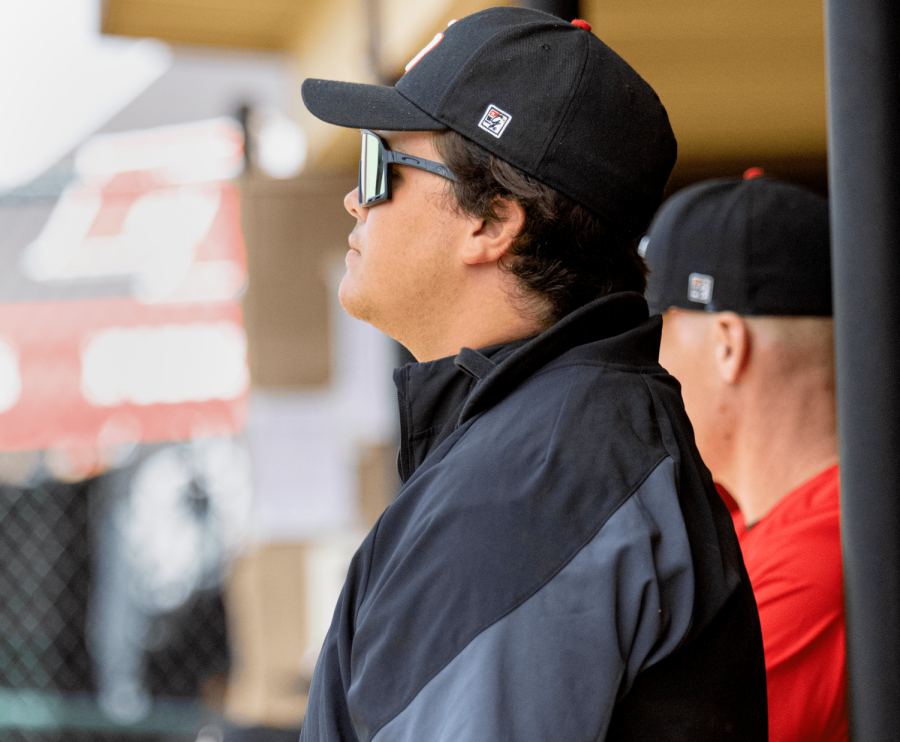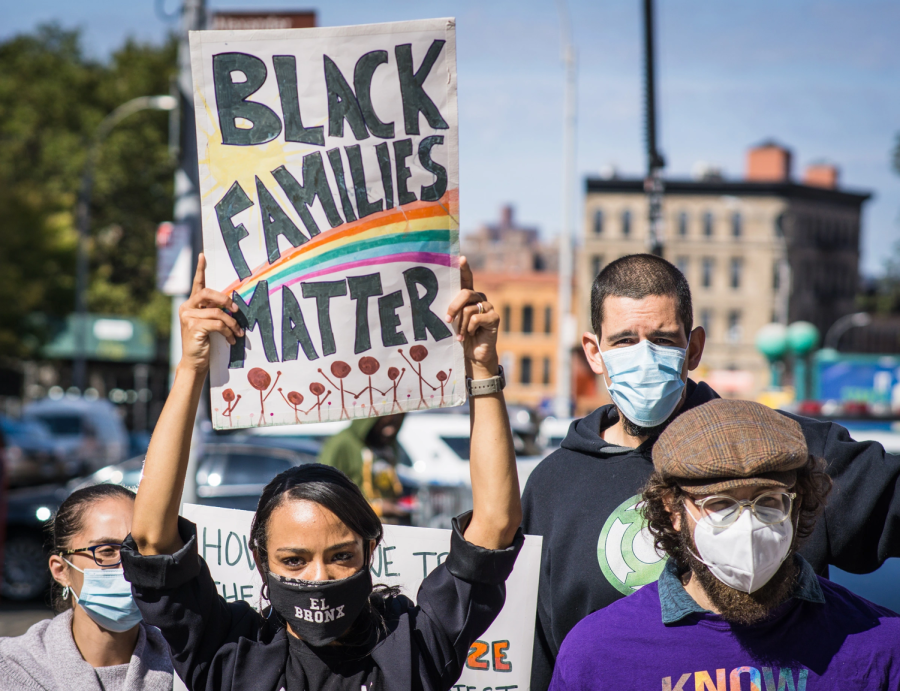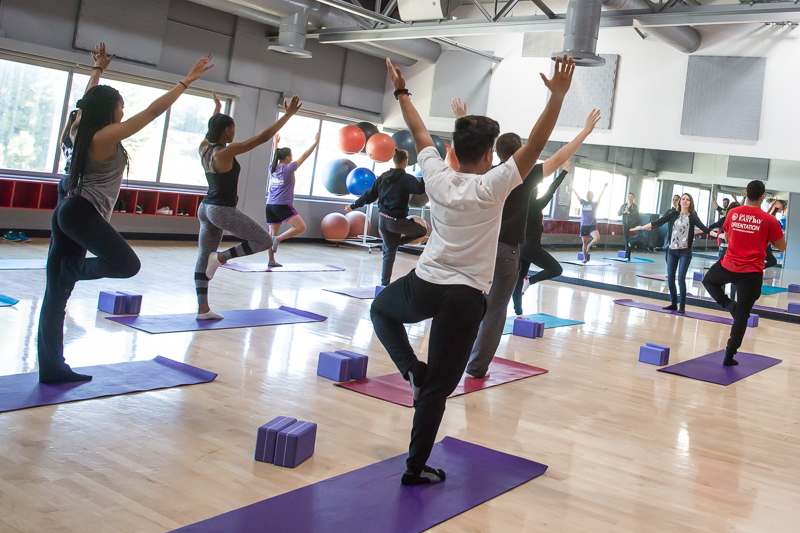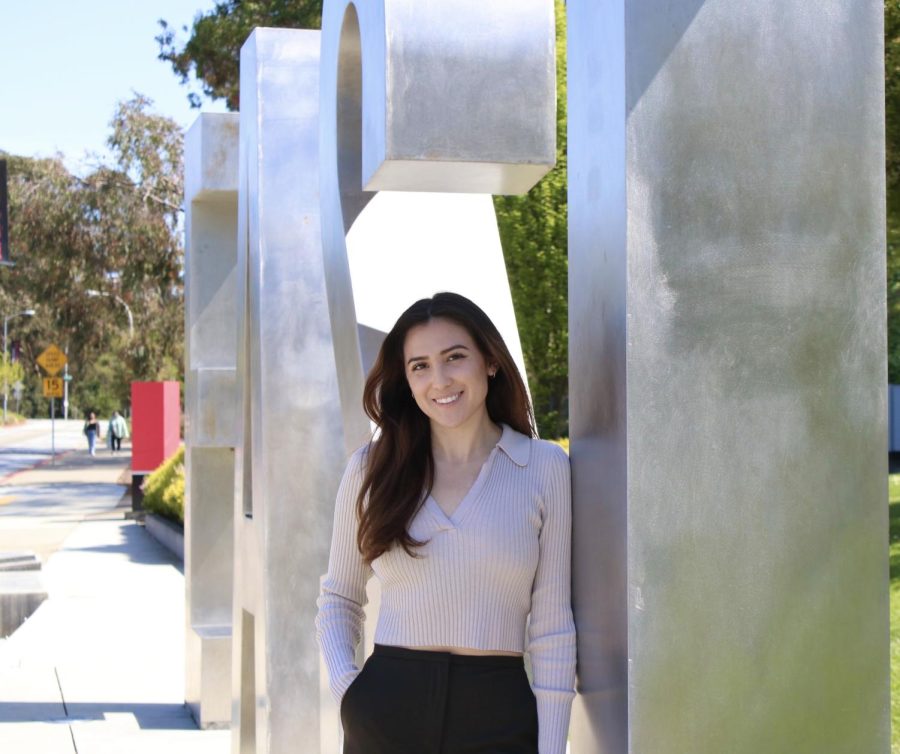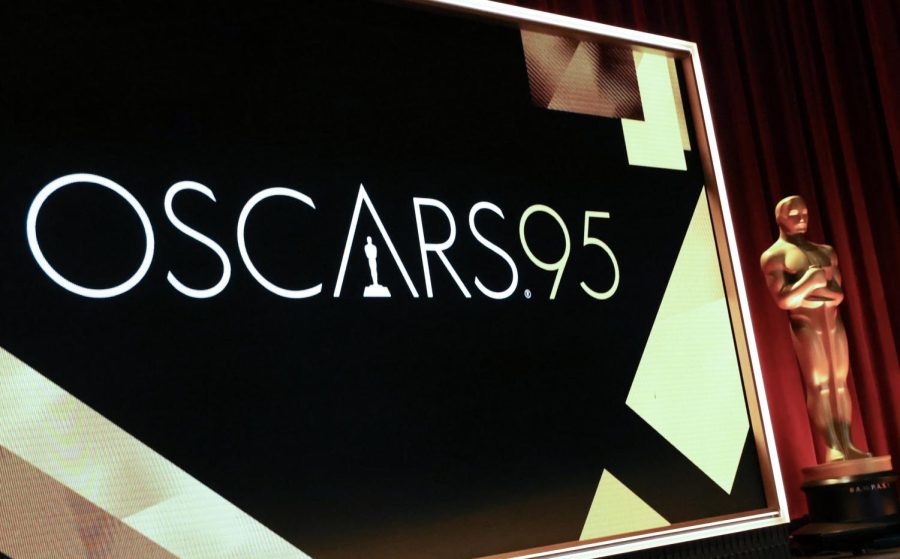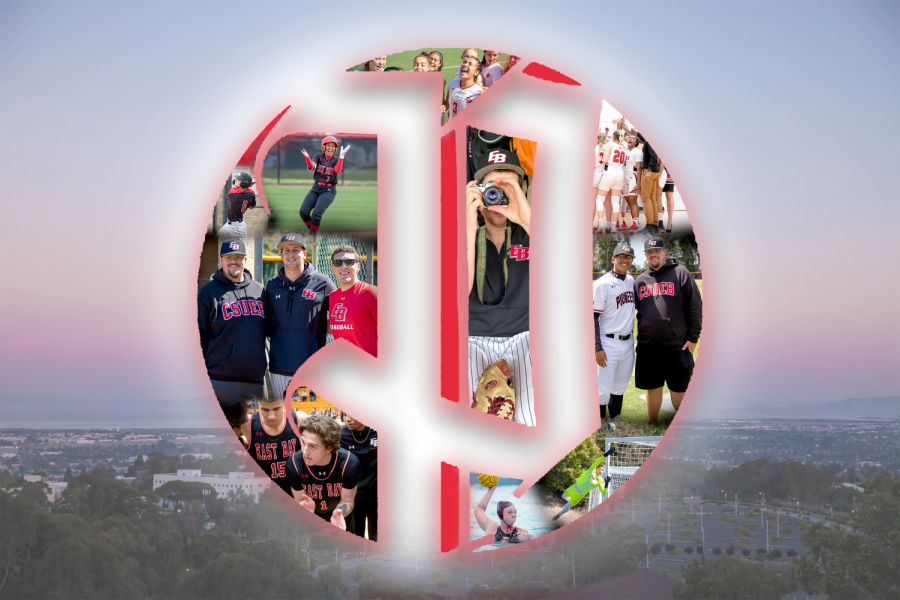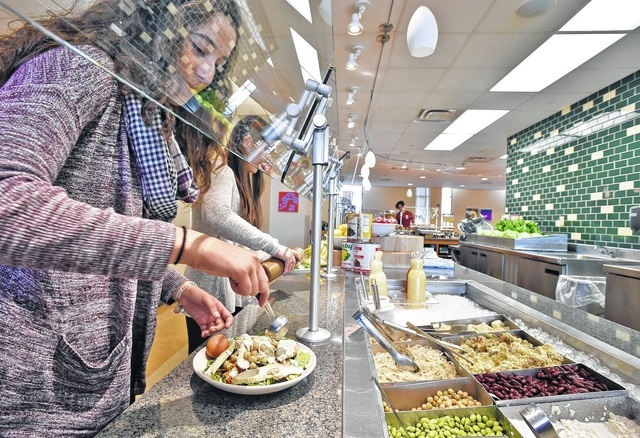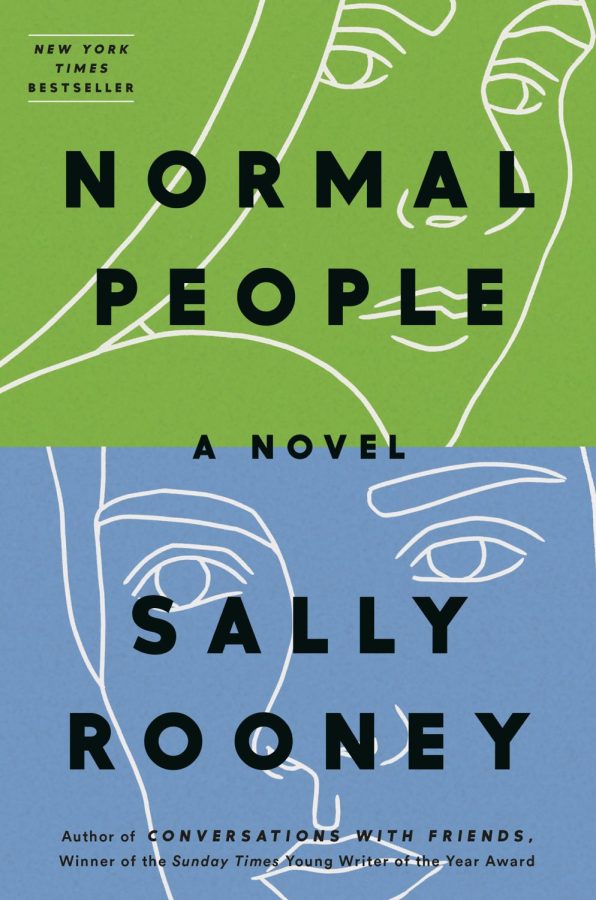It is not a new idea that the state should assist those who have taken on the burden of sacrifice to serve this great nation in its darkest hours. Soldiers have stood their posts to defend our way of life for centuries, and at home we try to do the right things to support them. But sometimes we fall short.
When veterans return home to civilian life the goal for many is to seek higher education. Yet universities lack sufficient services and direction in aiding veterans returning from active service. Veterans are sometimes missing the skills needed to start their careers as students. We at The Pioneer believe the universities must do more to assist this important transition for those who have served our country. It hasn’t happened at CSU East Bay, yet.
With an estimated 200 student veterans attending CSUEB every quarter, only 15 to 30 students on average show up to events and orientations, according to campus veterans affair coordinator Deborah Hansana.
The campus veterans affairs coordinators could hold mandatory meetings prior to enrollment to ensure students understand their responsibilities and get acclimated to the academic atmosphere.The mandatory meetings would help many of whom are not used to taking initiative within the freedom and responsibility of their new lives.
Service members are used to a different lifestyle while serving on active duty. There is an order, a rank, with structure and a respect at all levels. They have a clear agenda and schedule laid out every day. If they find themselves in need of extra help, they can contact leadership and be directed to the services they need as well as quarterly training for services.
When service members exit the military, some get a one-week required training class on the services available for education, social security, employment and health benefits while transitioning into civilian life. They are then released back into civilian life as different people without a compass.
Colleges and universities must make it a priority to assist and accommodate those who have put their lives on the line for this country and who are striving to be productive citizens once again.
At CSUEB, there is a small desk in the Student Administration building that is open from 10 a.m. to 3 p.m. Monday through Thursday. Veterans can get questions answered, register for classes and receive benefit confirmations.
Hansana feels the university is doing all it can to assist veterans at the moment.
“Each year we are becoming more of a role player in student veterans’ lives. We try to teach them responsibility and accountability for their educational careers but if they don’t communicate with us, we can’t assist them in their needs,” she told The Pioneer. She also feels the veterans affairs coordinators should get their own office space with more staff to better assist veterans in a pressure-free and friendly environment.
Additionally, the Student Veterans Organization (SVO), a student-life club responsible for assisting the veteran affairs coordinators in reaching out to veterans on campus, has a Facebook page that hasn’t been updated with any contact information. The last posting was in late October and an e-mail was sent to veterans Nov. 21 by Hansana about jobs and benefits services.
“We try to do receptions but the veterans didn’t show up. We don’t get feedback from veterans maybe because they are busy with work or school,” said SVO vice-president Clarence Dubose, a retired Navy veteran.
Michael L. Emerson, one of the founders of the CSUEB’s Veteran’s Organization in 2008 and Desert Storm veteran added “some of the guys coming out of the service are young. However, the university has it’s shortcomings as well. It should be up to [the university] primarily to try harder to take care of our vets. Instead, some schools see them as a cash cow target for their federal money.”
Not every veteran who has served has had the training in leadership skills necessary to take initiative in finding the answers they seek. Universities need to understand this to better assist all veterans and their needs.
John Duarte, commander of VFW Post 819 in San Leandro, said there’s an absence in communication between the university, the student veterans organization and the individual veteran.
“The people at the universities aren’t veterans themselves,” he said. “They find it difficult to relate to veterans on almost every level. Sometimes you have to have someone in the middle (like SVO’s) to connect the two bodies together.
“Veterans want the benefits coming to them. The school sometimes just wants to shuffle them through. The other side of the coin is some veterans are young and lack initiative. They need a program that starts at orientation and takes them through a counseling process [for their academic careers].”
This is a call to veterans and universities everywhere along with SVO leadership to step up and be proactive in providing and seeking the help veterans need. At the same time, the university and SVO need to meet veterans’ needs.
We are all in this together.




